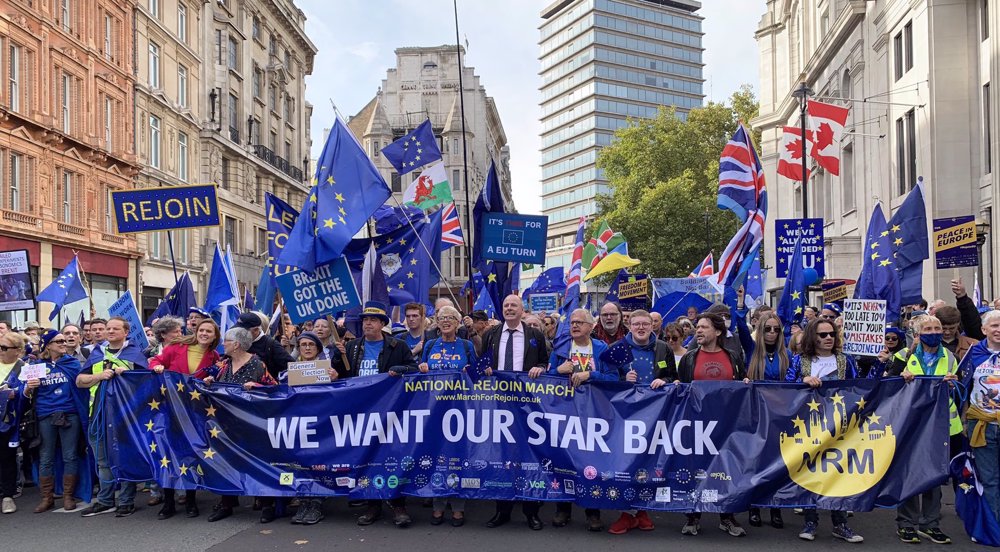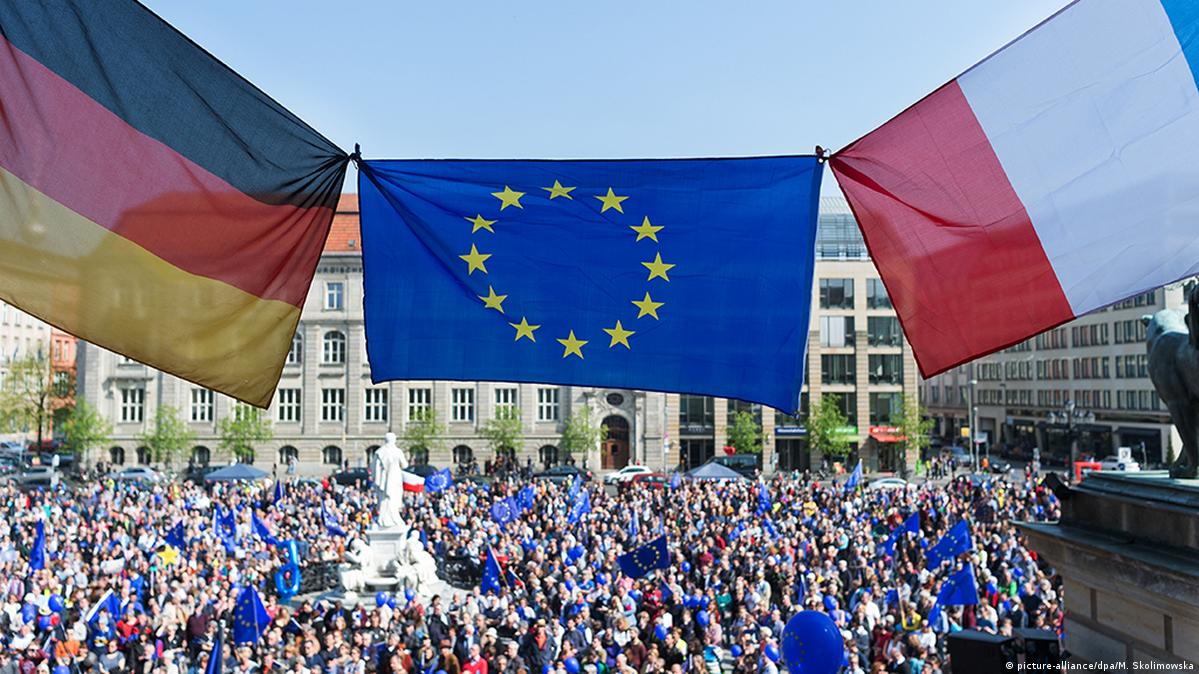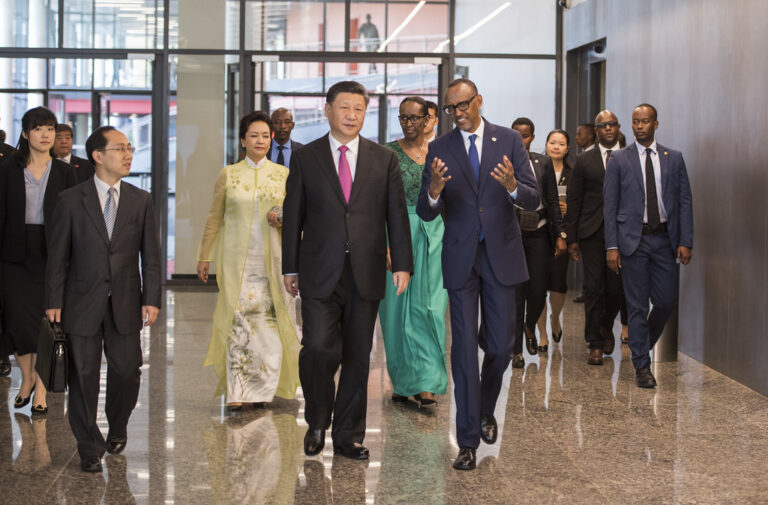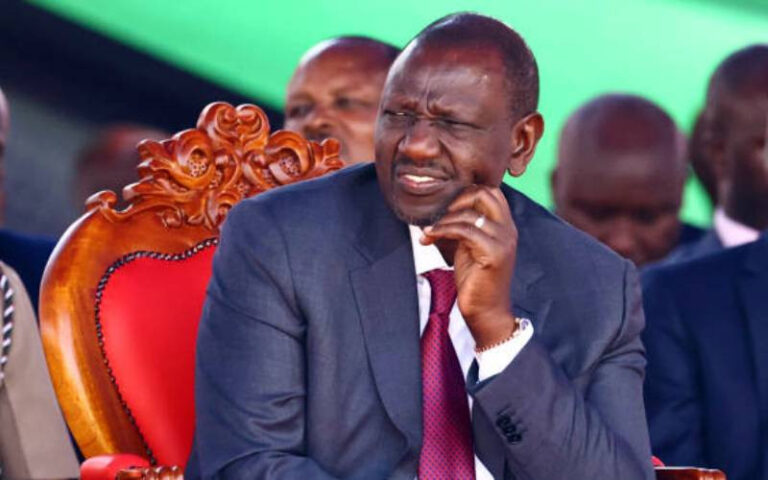- The UK saw a decrease in number of EU citizens working in the country.
- Germany has been home to large numbers of British expatriates.
- Mark & Spencer scaled down operations in France.
- The UK and France recently held talks to look into post-Brexit ties.
Brexit is an abbreviation of two English words: ‘Britain’ and ‘exit’ and refers to the withdrawal process of the United Kingdom (UK) from the European Union (EU). The withdrawal of the United Kingdom from the European Union was effected at 23:00 GMT on 31 January 2020. The UK is the only sovereign country to have left the EU. Article 50 of the Treaty of the European Union regulates the withdrawal process of any Member State.
UK GDP TOOK A HIT FROM BREXIT
The impact of Brexit on the UK economy has been significant, with some economists having predicted a decrease in GDP growth and an increase in inflation. According to a report by Open Access Government, the UK economy has seen a decrease in investment, a rise in unemployment, and a decrease in trade with the EU since Brexit. In addition, the UK has seen a decrease in the number of EU citizens living and working in the country.
However, the economy expanded by 0.3% in January 2023, rebounding from a sharp fall in December. Darren Morgan from the Office for National Statistics (ONS), which collects and publishes the data, said the main factors behind January’s growth were “the return of children to classrooms, following unusually high absences in the run-up to Christmas, the Premier League clubs returned to a full schedule after the end of the World Cup and private health providers also had a strong month”. “Postal services also partially recovered from the effects of December’s strikes.”
In education, school absences rose in December due to a spike in winter flu. The return of more children to school helps to boost the economy as it is deemed to increase the output of the education sector. The ONS said the education sector grew by 2.5% in January following a fall of 2.6% the month before. Activity in arts, entertainment, and recreation also grew, mainly due to the return of Premier League football.

The EU has also been affected by Brexit, with some manufacturers being wary of doing business in the UK due to frayed relations between the two sides. According to a survey by Redfield and Wilton Strategies/UK in a Changing Europe, public opinion towards Brexit in 2023 has been largely negative, with a majority of respondents expressing dissatisfaction with the current situation.
Overall, it is clear that both the UK and EU have been affected by Brexit, with the UK economy seeing a decrease in investment and trade, and the EU seeing a decrease in the number of EU citizens living and working in the UK. A study by the think tanks Centre for European Reform and the UK in a Changing Europe suggests that there are 330,000 fewer workers in the UK as a result of Brexit. That may only be 1% of the total workforce – but sectors such as transport, hospitality, and retail have been particularly hard hit.
GERMANY AND BREXIT
Germany, being one of the largest and strongest economies in Europe, has been significantly affected by Brexit. The decision of the United Kingdom to leave the European Union has had a ripple effect across the continent, with Germany being no exception.
One of the major impacts of Brexit on Germany has been on its trade relations with the United Kingdom. As a member of the EU, Germany enjoyed the benefits of free trade with the UK. However, with the UK leaving the EU, this relationship changed amid some proposed amendments between the two governments, with new trade agreements needing to be negotiated. This uncertainty has caused concern among German businesses, particularly those that rely heavily on exports to the UK.
Germany has been home to a large number of British expatriates, who are now facing an uncertain future. Many of these individuals have lived in Germany for years and have established their lives there. However, with the UK no longer being a member of the EU, their status in Germany, and their ability to work and live there, is now in limbo.

Another area in which Germany has been affected by Brexit is in terms of the EU budget. The UK was a significant contributor to the EU budget, and with its departure, other member states, including Germany, needed to pick up the deficit. This has led to concerns among German taxpayers, who are worried about the potential increase in their tax bills.
Finally, Brexit has also had an impact on the political landscape in Germany. The rise of populist movements, fueled in part by anti-EU sentiment, has gained traction in Germany in recent years. The UK’s decision to leave the EU has given these movements a boost, with some calling for a similar referendum in Germany.
In conclusion, Germany has been significantly affected by Brexit. From trade relations to the status of expatriates, from the EU budget to the political landscape, the impact of Brexit will be felt in Germany for years to come.
FRANCE AND BREXIT
France is dealing with Brexit in a variety of ways, including assessing the potential economic impact, closing stores, and protecting the rights of UK nationals to own property in the country. According to a report by Euler Hermes, France will be the third most affected country by Brexit with export losses of 1.9 billion euros per year. This could have a significant impact on the French economy, with the most affected sectors being transport and equipment, chemicals, machinery, and electrical equipment, followed by the precious metals and jewelry sector.
In response to Brexit, Marks & Spencer announced that it would be closing its stores in France by the end of the year and indeed went ahead to close eleven out of twenty stores, leaving only nine in operation. The company cited the biggest Brexit impact as being on supplying its stores on the island of Ireland.

Finally, France is protecting the rights of UK nationals to own property in the country. This right is already enjoyed by citizens from non-EU countries such as Canada, Australia, the United States, and China. French premier Emmanuel Macron held talks with new British PM Rishi Sunak a couple of days ago with the main agenda being the Ukraine war and British/French post-Brexit ties with high expectations of favorable trade amendments between the two nations.

























































































